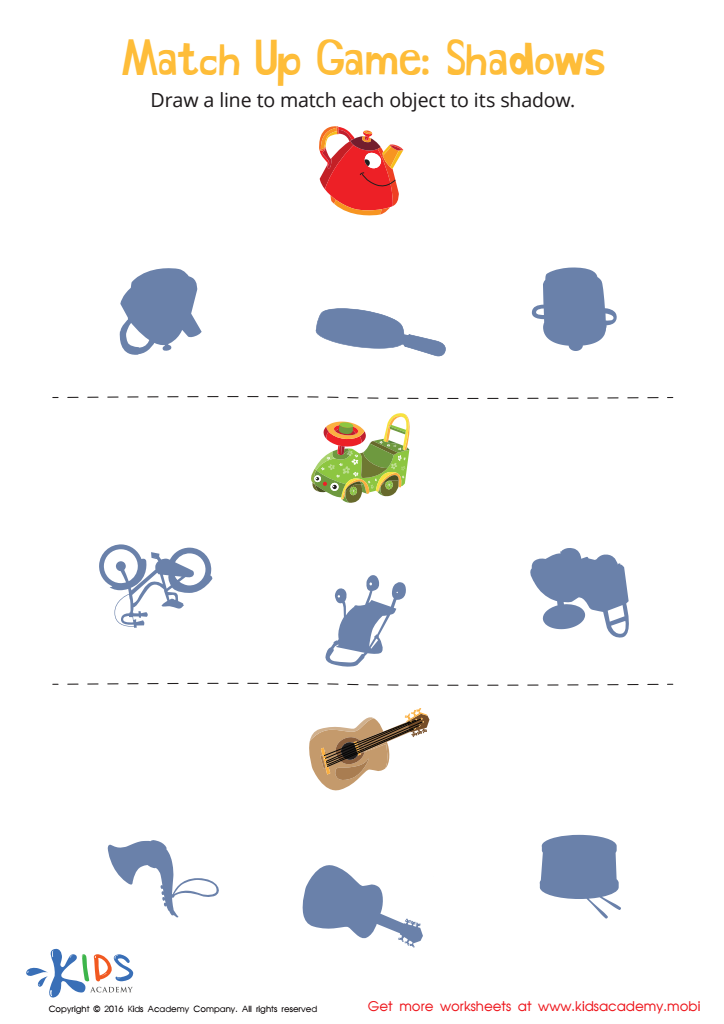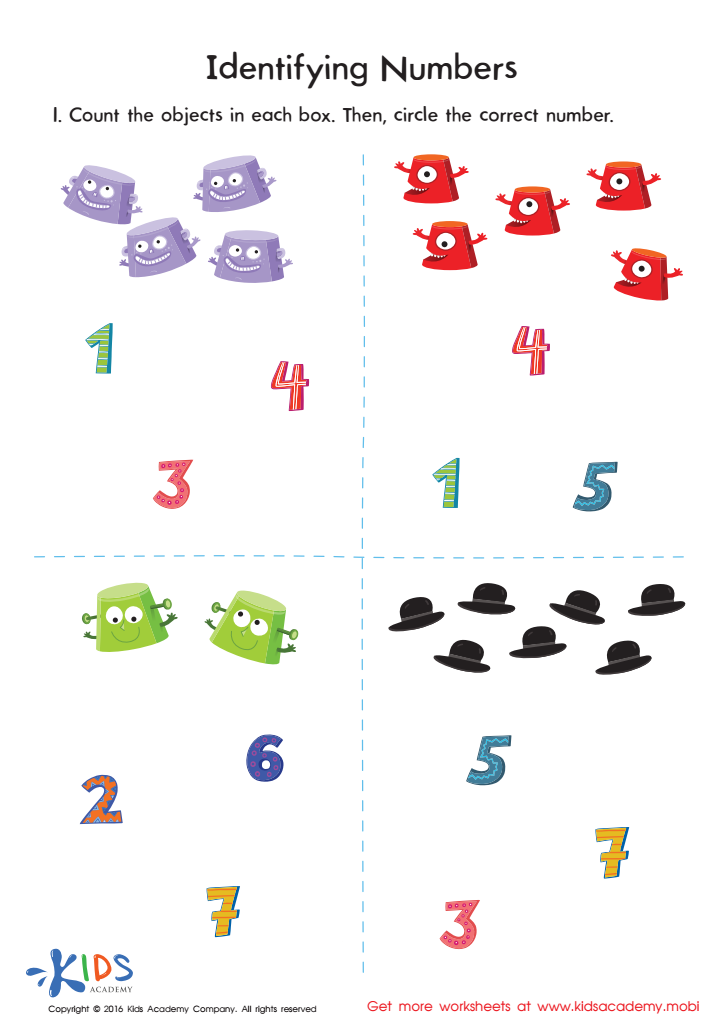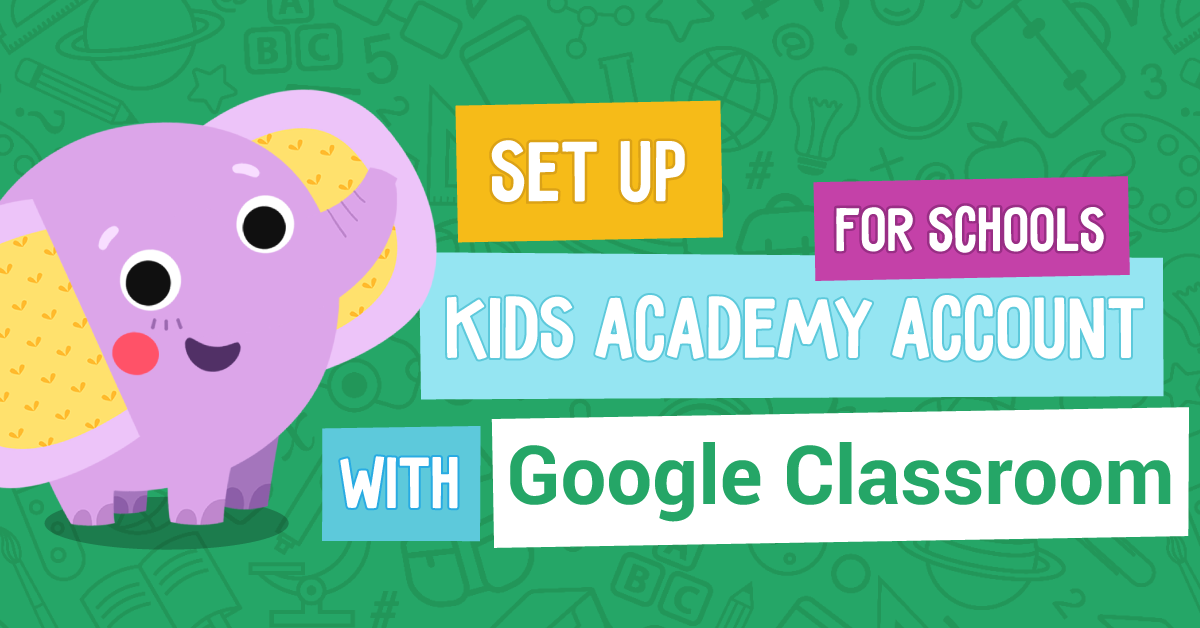Matching worksheets activities for 4-Year-Olds
75 filtered results
-
From - To
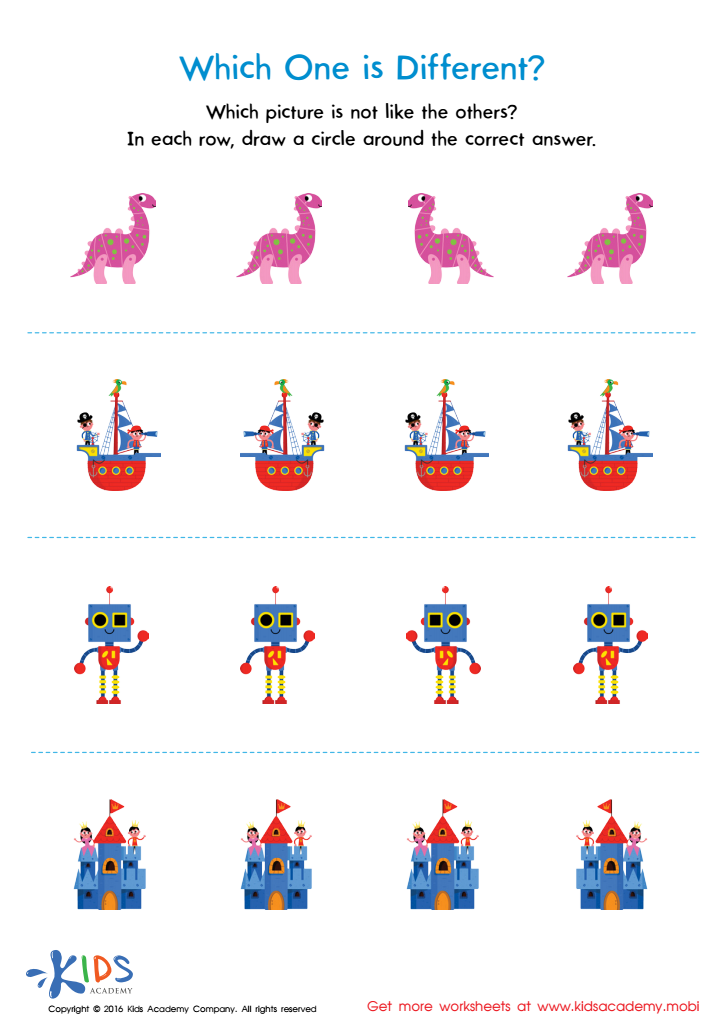

Which One Is Different Worksheet
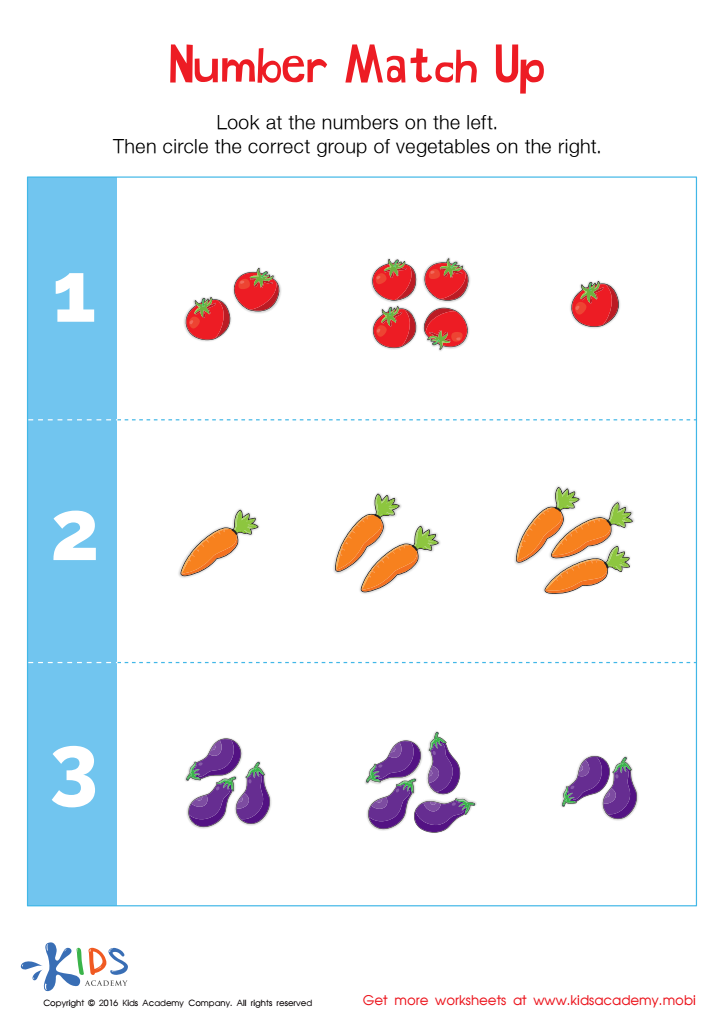

Number Match Up Worksheet
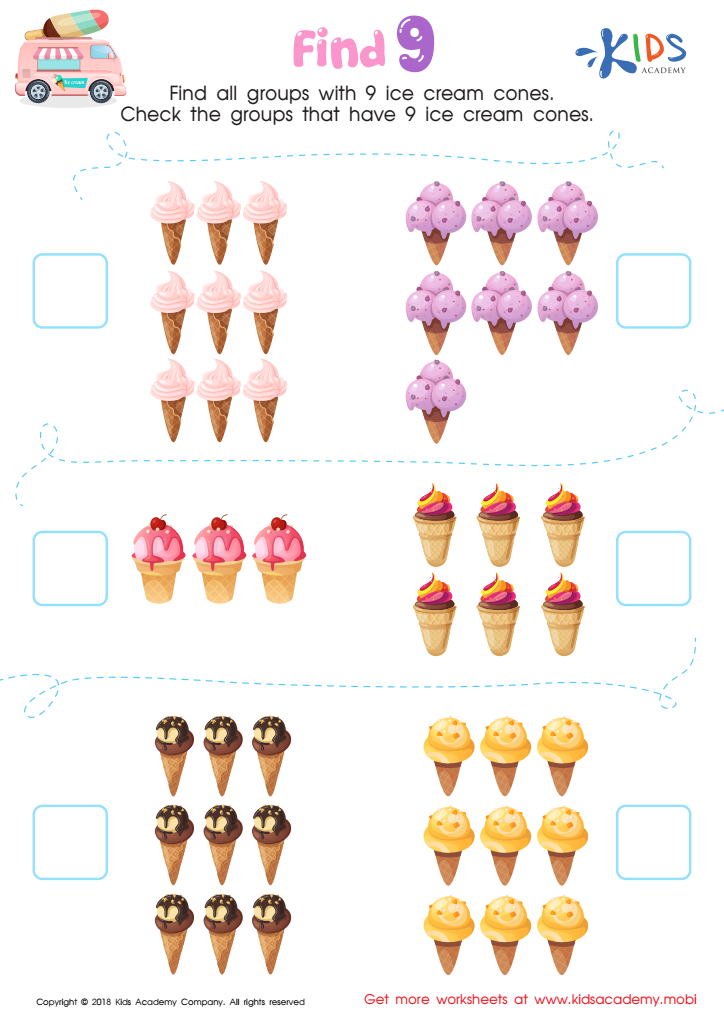

Find 9 Worksheet
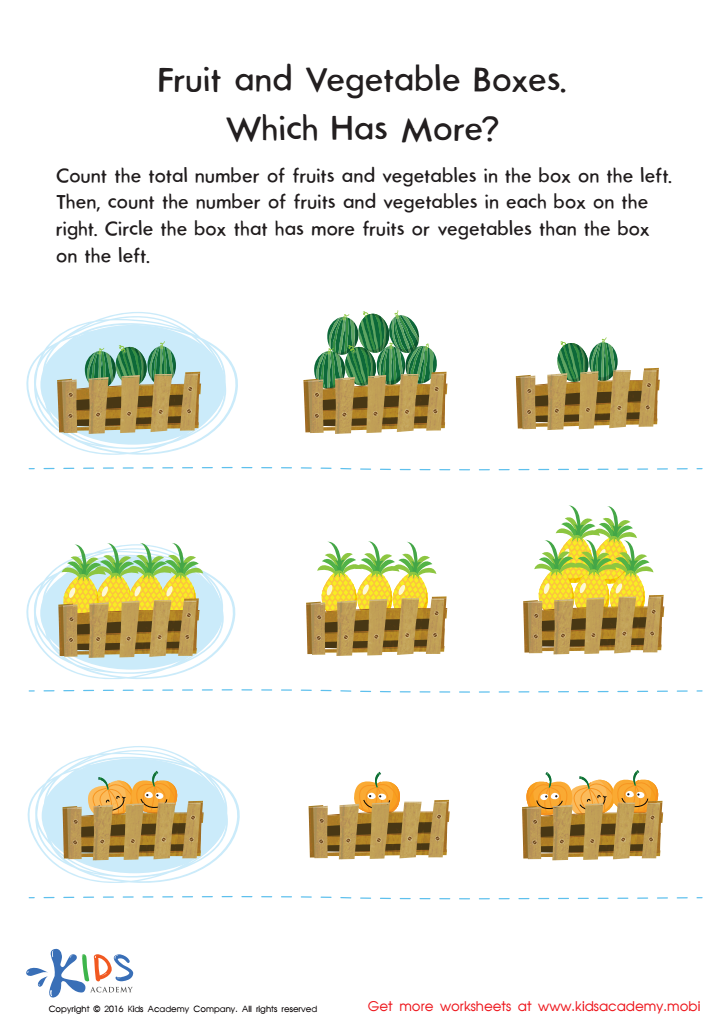

Which Has More? Size Worksheet
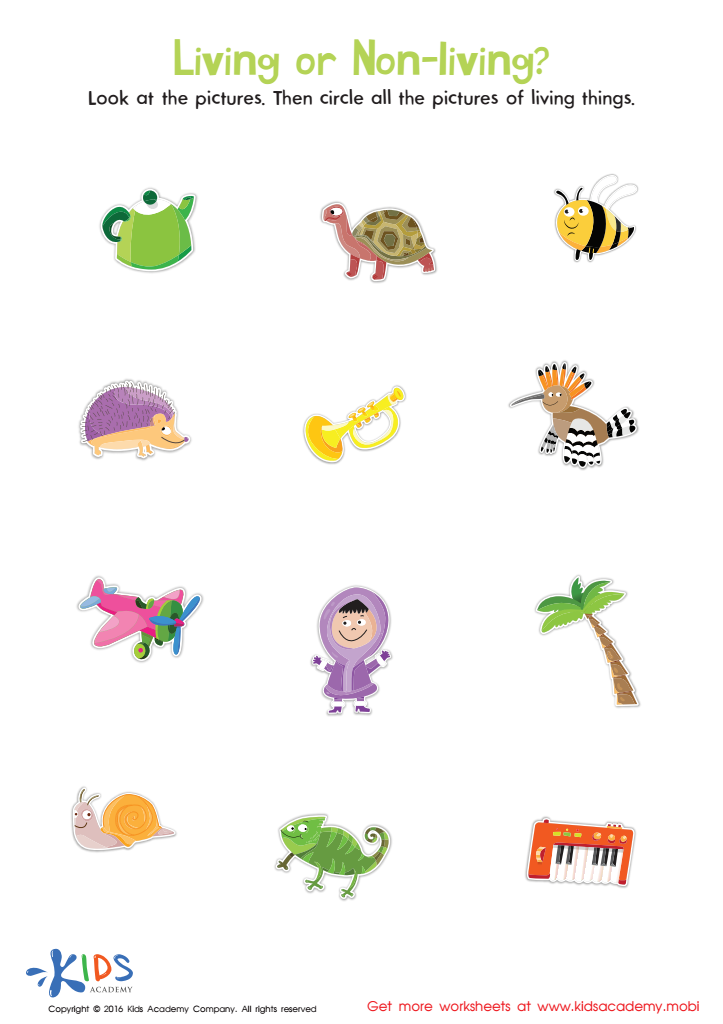

Identifying Living and Non–living Things Sorting Worksheet
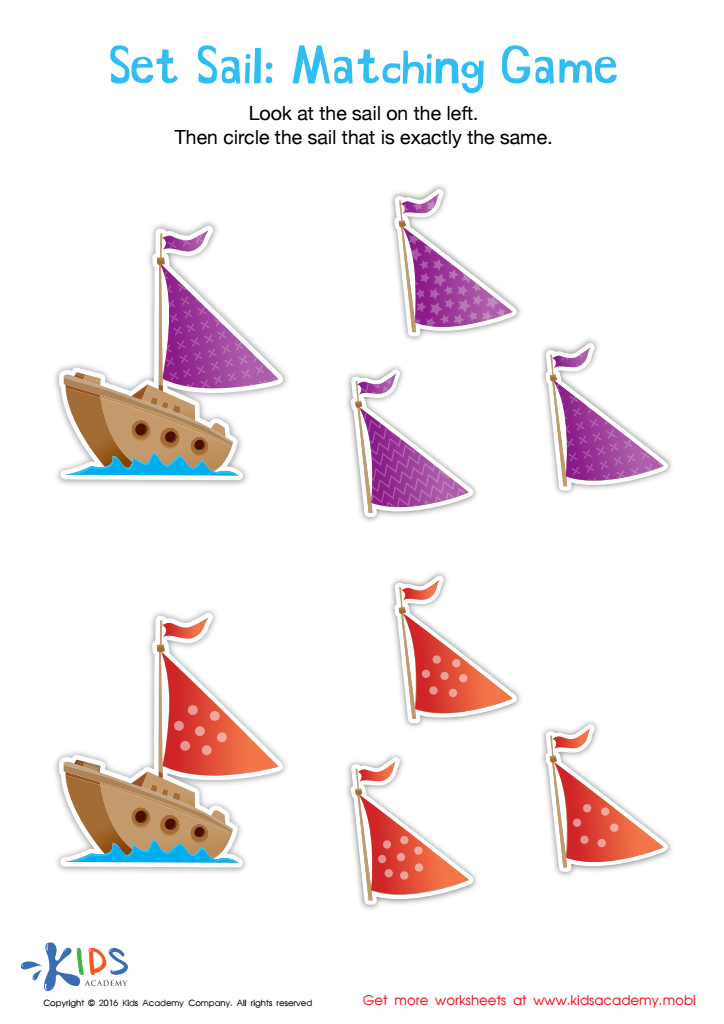

Set Sail Worksheet
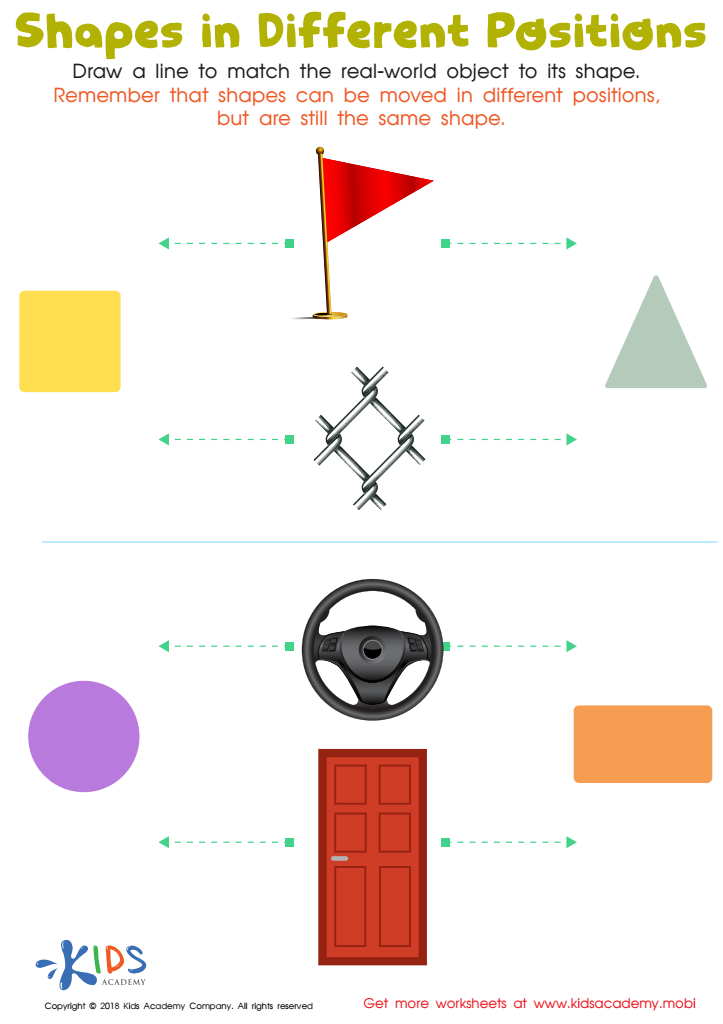

Shapes in Different Positions Worksheet
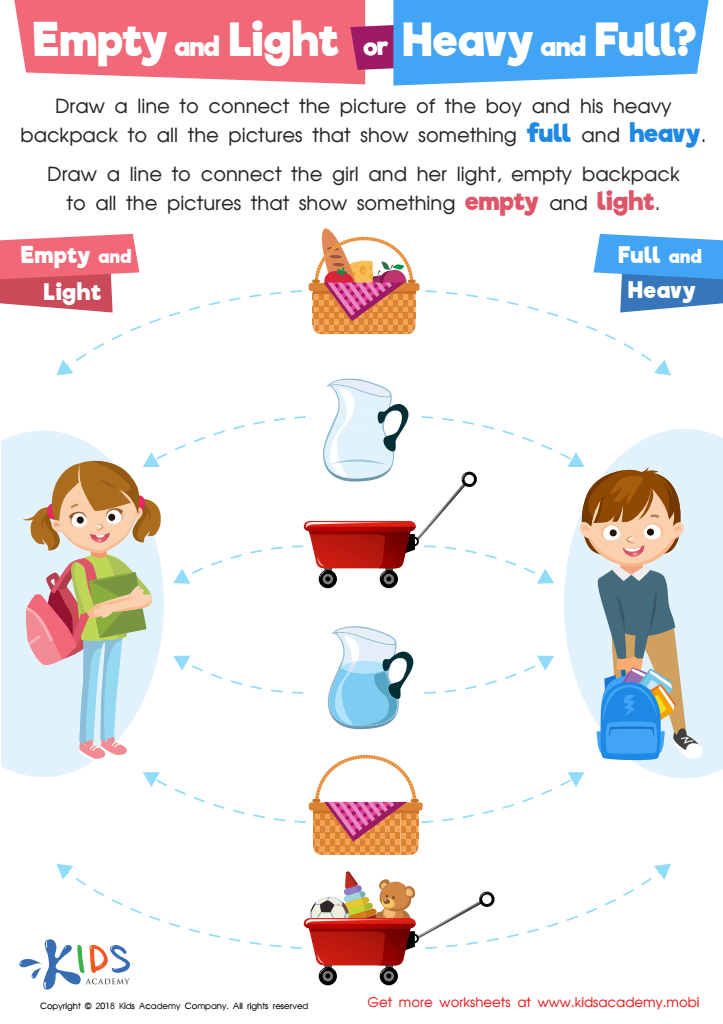

Empty and Light or Heavy and Full? Worksheet
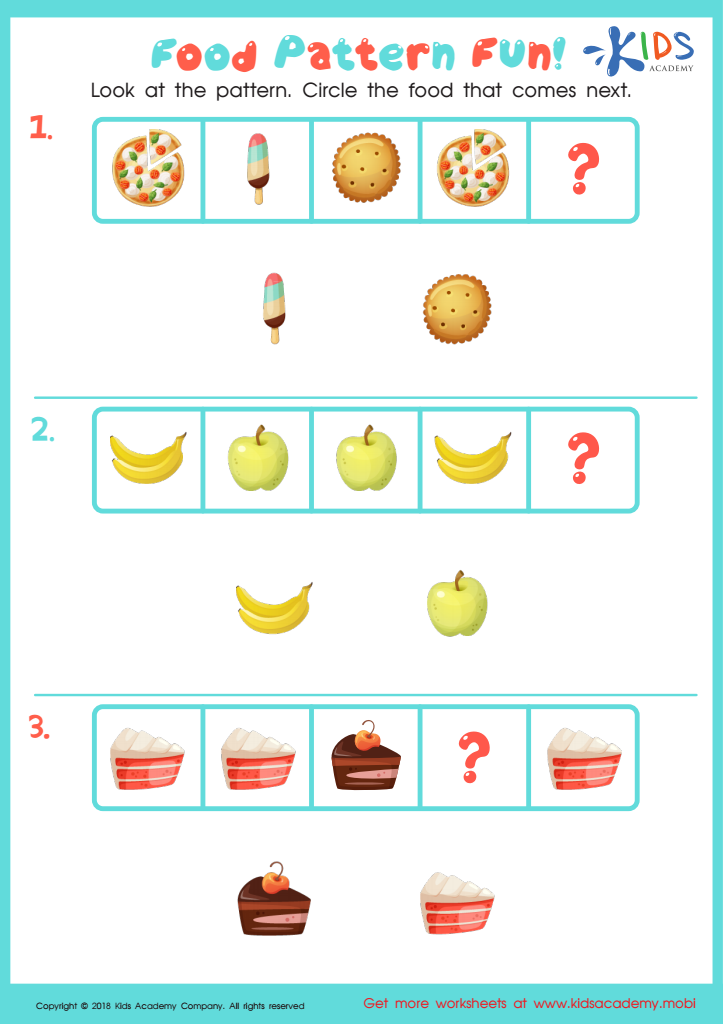

Food Pattern Fun Worksheet
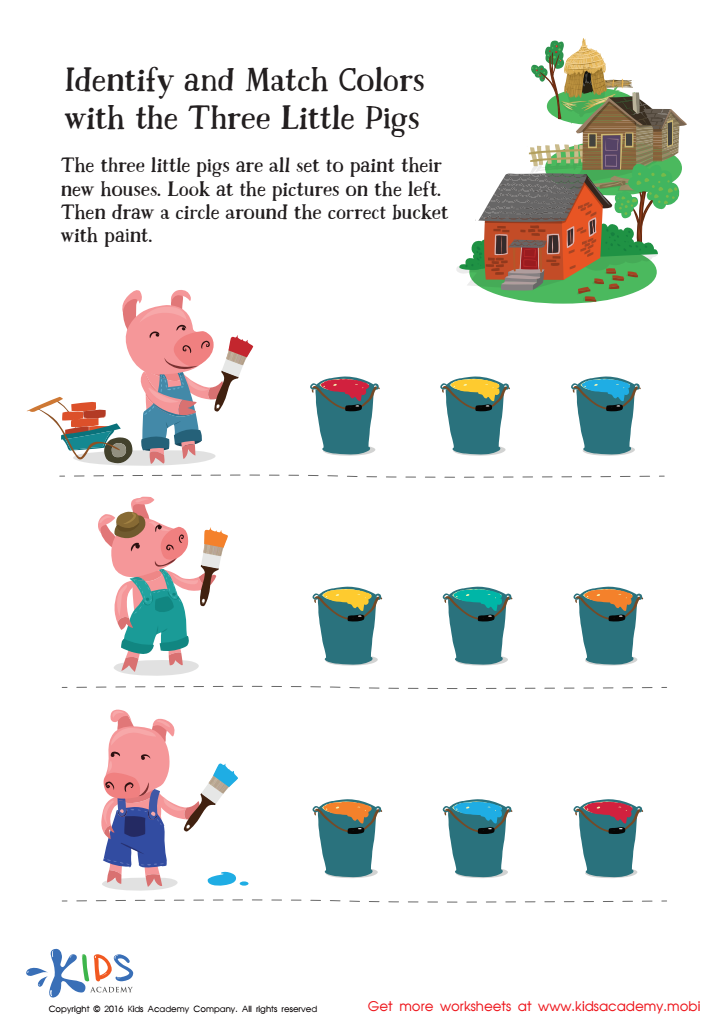

Fairy Tale Worksheet: Identify and Match Colors with Three Little Pigs
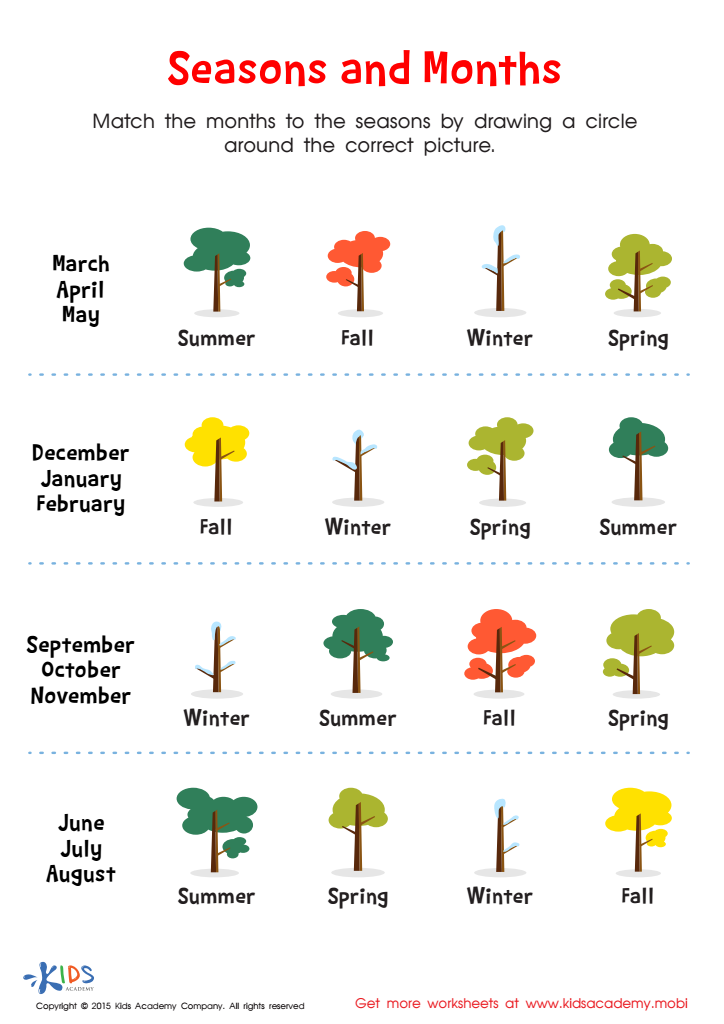

Seasons and Months Worksheet
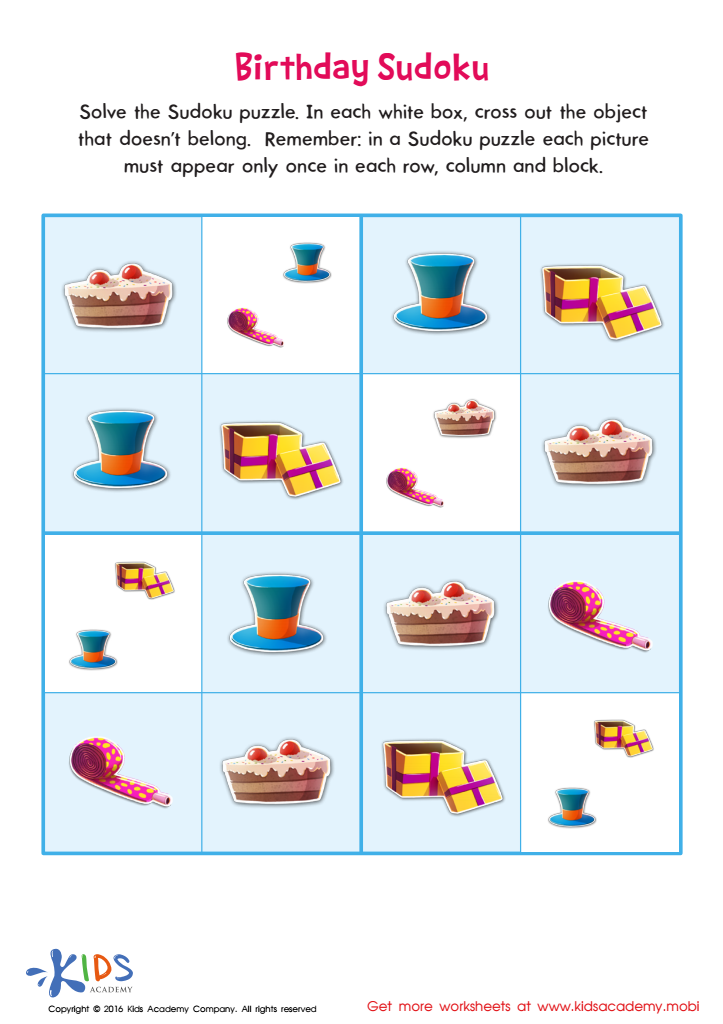

Birthday Sudoku Sorting Worksheet
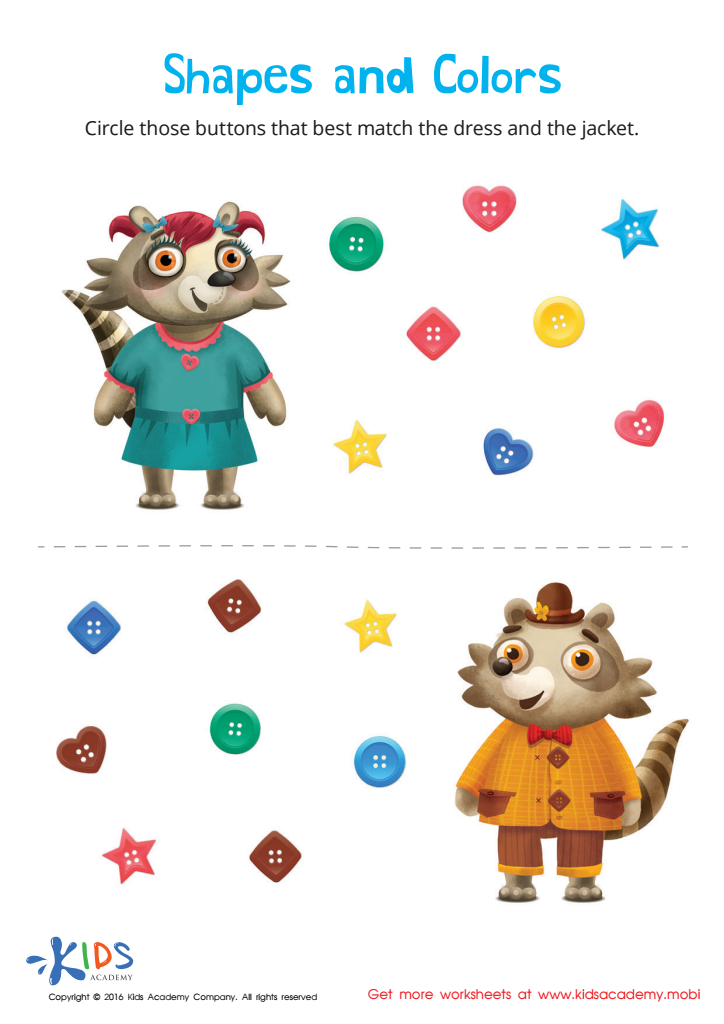

Matching: Shapes and Colors Worksheet
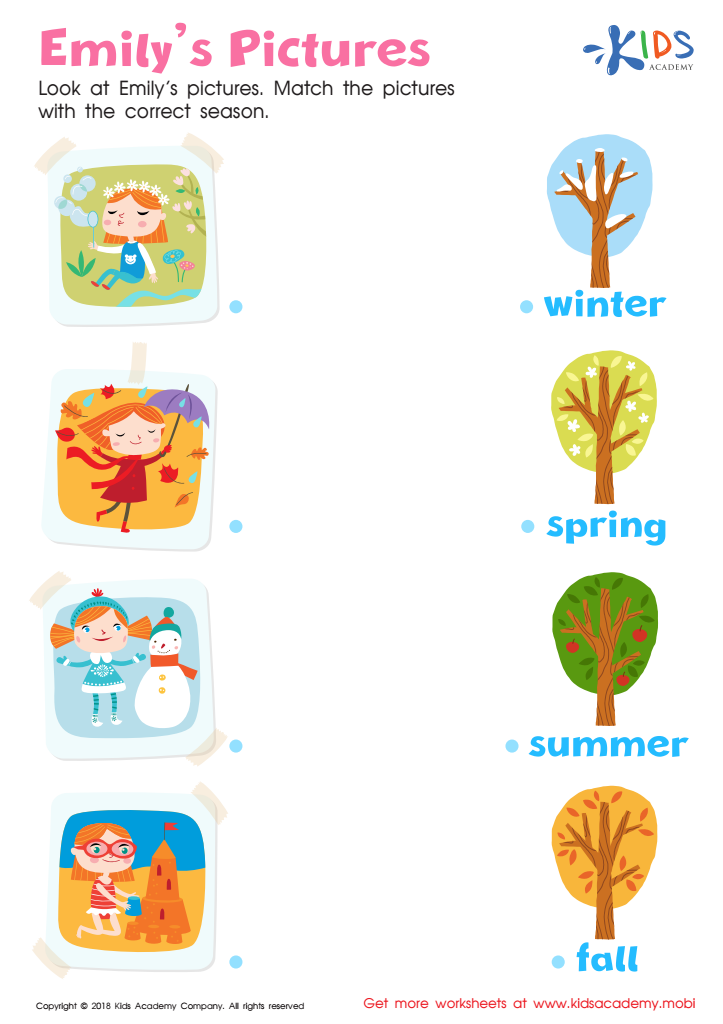

Emily's Pictures Worksheet
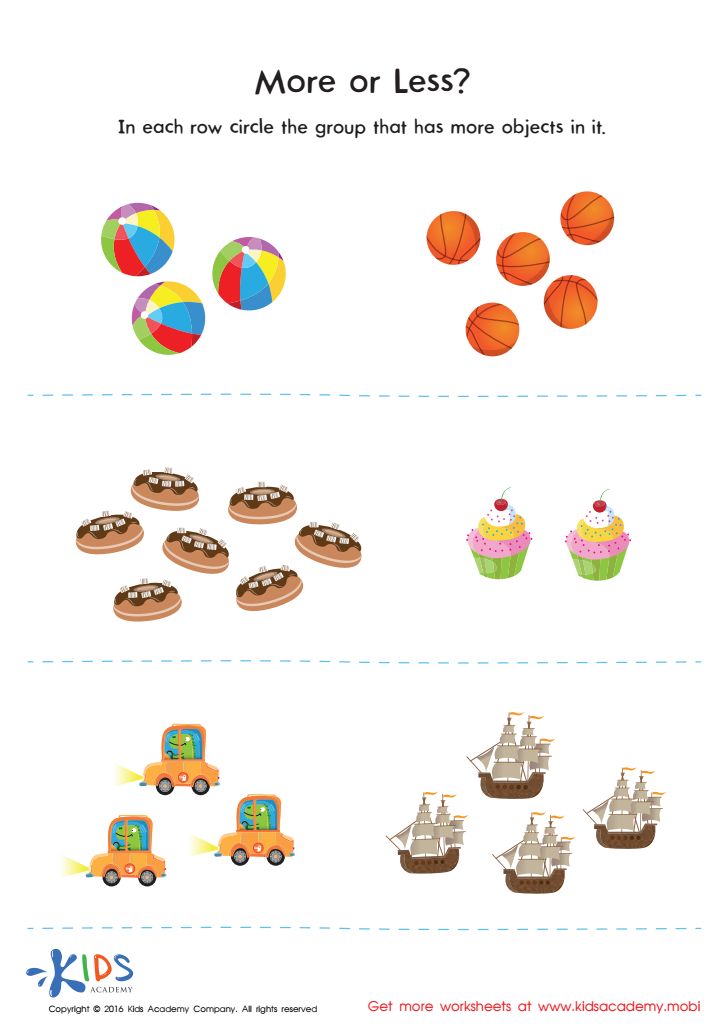

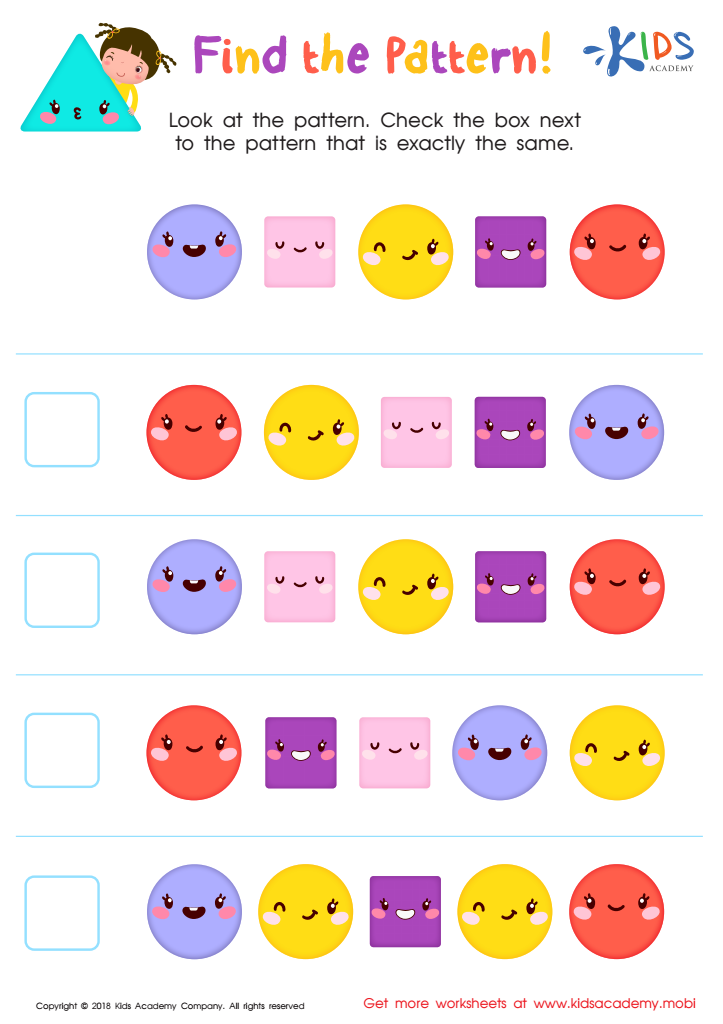

Find the Pattern Worksheet


The 5 Sense Scientist Worksheet
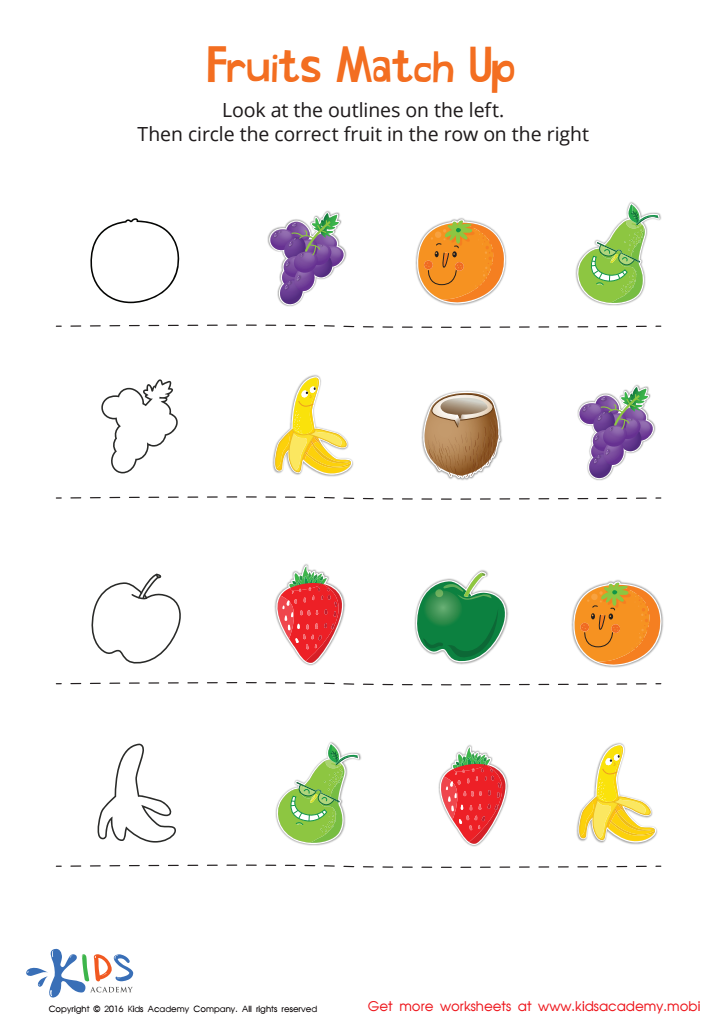

Fruits Match Up Worksheet
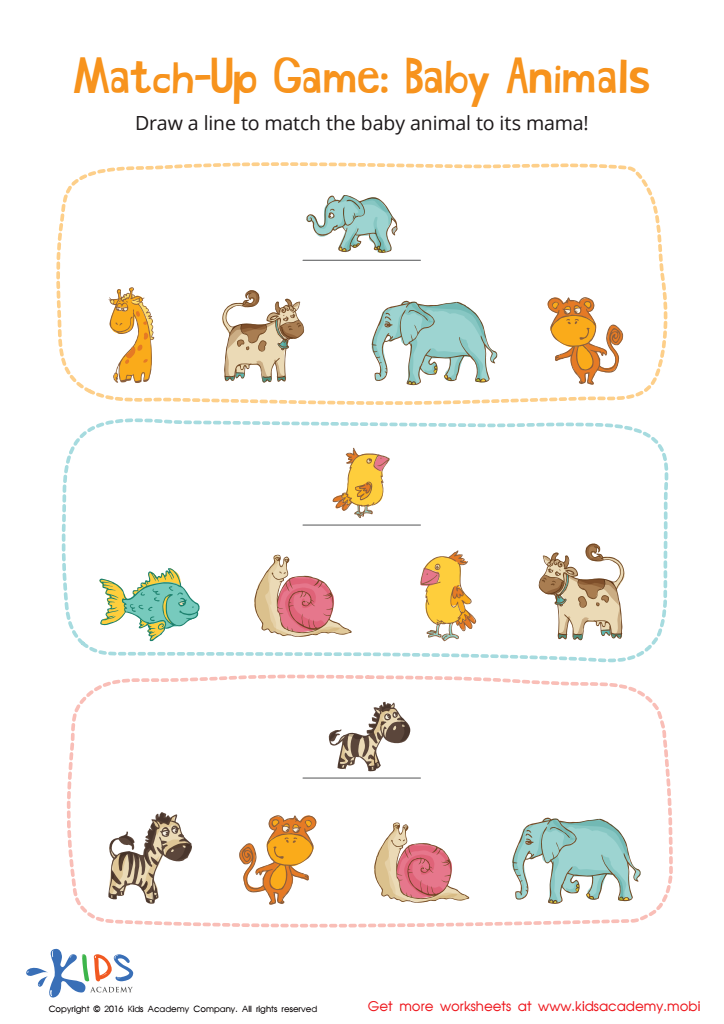

Baby Animals Match-Up Worksheet
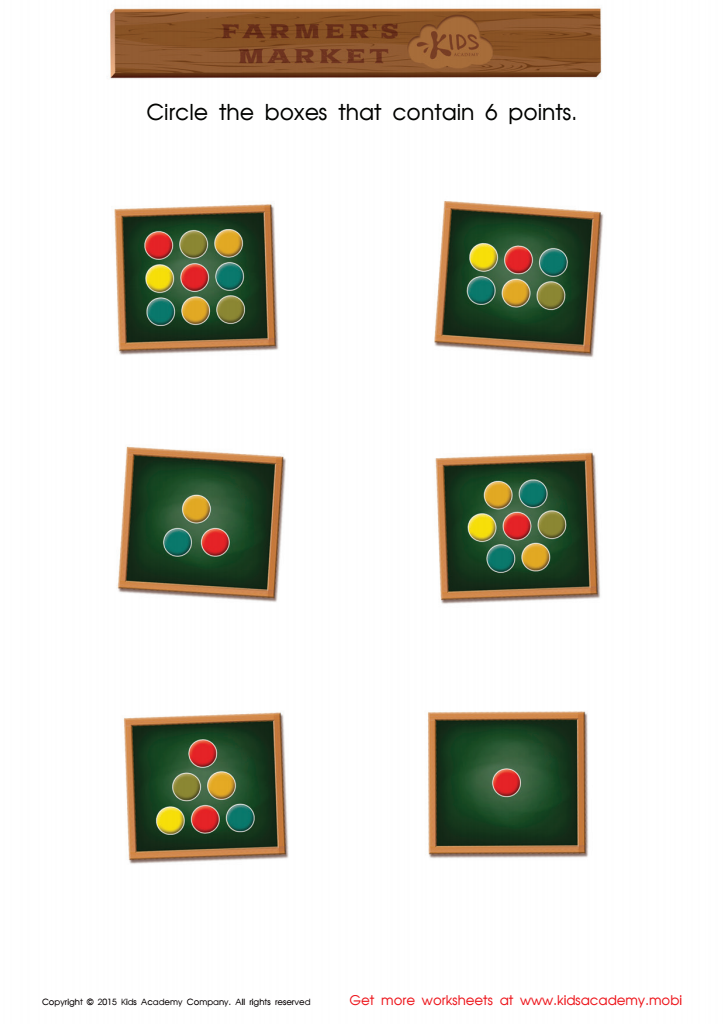

Count and Match Points 6 Math Worksheet
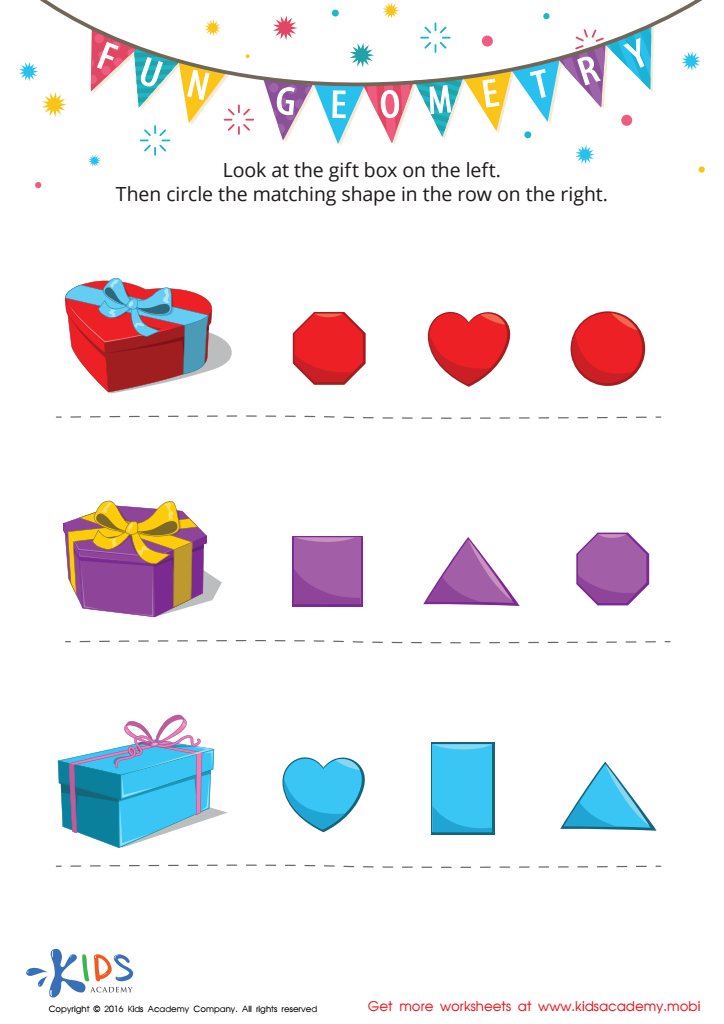

Fun Geometry Worksheet


Matching: Classifying Toys by Size Worksheet
Matching worksheets activities are an invaluable tool in both educational and developmental contexts, offering a multitude of benefits to learners of all ages. These activities, through their simple yet engaging format, facilitate a range of cognitive abilities, making them an indispensable part of a comprehensive learning strategy.
First and foremost, matching worksheets activities hone observational skills. Participants are required to pay close attention to details to correctly match pairs, which in turn enhances their ability to notice and appreciate subtleties in various contexts. This skill is crucial not only in academic settings but also in everyday life, where attention to detail can be the key to success and safety.
Moreover, these activities are instrumental in improving memory. By engaging in matching exercises, individuals are prompted to recall and apply information, thereby strengthening their memory retention capabilities. This aspect of matching worksheets makes them particularly useful for language learning, where vocabulary acquisition is paramount.
Cognitive flexibility is another benefit of matching worksheets activities. Participants learn to adapt their thought processes as they search for matching pairs, often needing to switch strategies and perspectives. This fosters a versatile mindset, important for problem-solving and creativity.
Additionally, matching worksheets can be tailored to various difficulty levels, making them a versatile tool for differentiated instruction. This adaptability ensures that students of different ages and learning stages can all benefit from the same type of activity, each at their own pace and level of complexity.
Finally, matching worksheets activities often incorporate fun and engaging themes, making learning an enjoyable experience. This not only motivates learners but also helps to reduce anxiety associated with more traditional forms of testing and assessment.
In conclusion, matching worksheets activities are a highly effective educational tool, offering benefits that extend beyond the classroom. By enhancing observational skills, bolstering memory, encouraging cognitive flexibility, and providing adaptable learning opportunities, these activities play a critical role in holistic development.

 Assign to My Students
Assign to My Students
